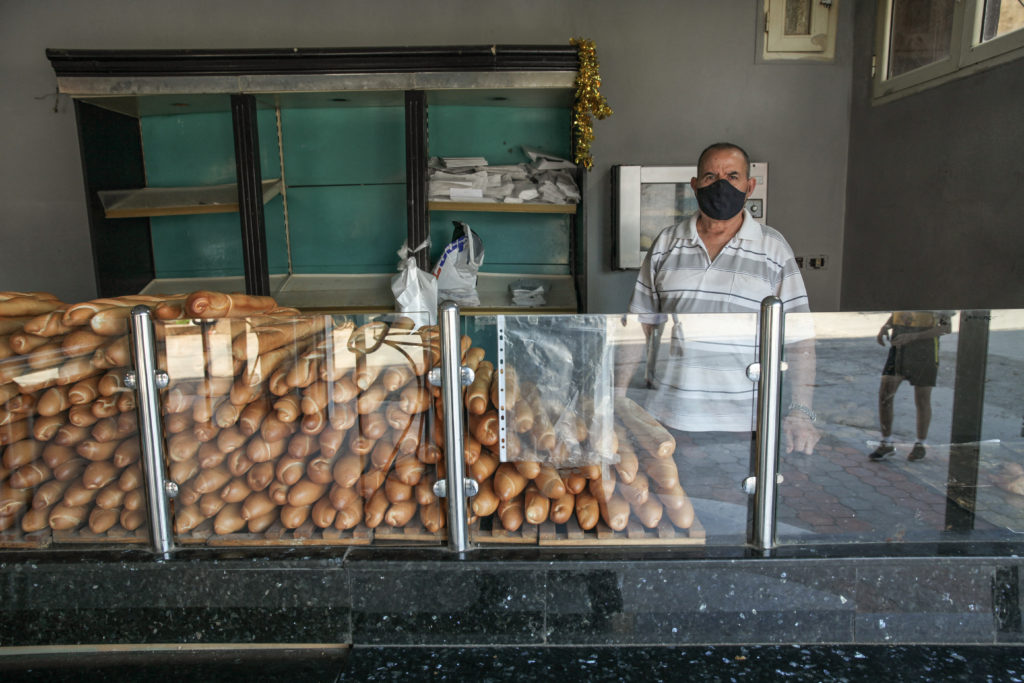São Paulo — The World Bank reported it has allocated up to USD 4,75 billion to aid countries in the Middle East and North Africa (MENA). On Monday (26), the institution reported the amount was cleared during the last fiscal year, which ended in June. The financial support is a response to challenges the new coronavirus pandemic has posed for countries in the region. Pictured above, a bakery in Tunisia during a partial lockdown.
The aim is for the nations to use the amount to cover expenses with vaccines and strengthen their health, education, and social security systems.
According to the World Bank, of the total reserves, USD 3.98 billion went to Reconstruction and Development to support middle-income countries. Another USD 658 million came from the International Development Association (IDA), the World Bank’s fund for the world’s poorest countries. Another USD 114 million was sent to the Palestinian Authority (PA).
“The pandemic tested the region’s already strained resilience and had a devastating impact on people across the MENA. It has also increased the urgency for decision-makers to undertake new reforms to address the longstanding development challenges in their countries,” said Ferid Belhaj, World Bank vice president for the Middle East and North Africa, in a statement.
Funding for the purchase of vaccines against COVID-19 was directed, for example, to citizens and refugees in Lebanon. Another initiative was to support vaccination programs in Tunisia, Jordan, and Yemen.
The institution reported that a total of 35 new operations were approved in the region during the fiscal year. In addition to efforts focused on the recovery from the pandemic, the World Bank provided resources for other purposes, such as reducing air pollution in the Cairo region in Egypt.
Translated by Elúsio Brasileiro




